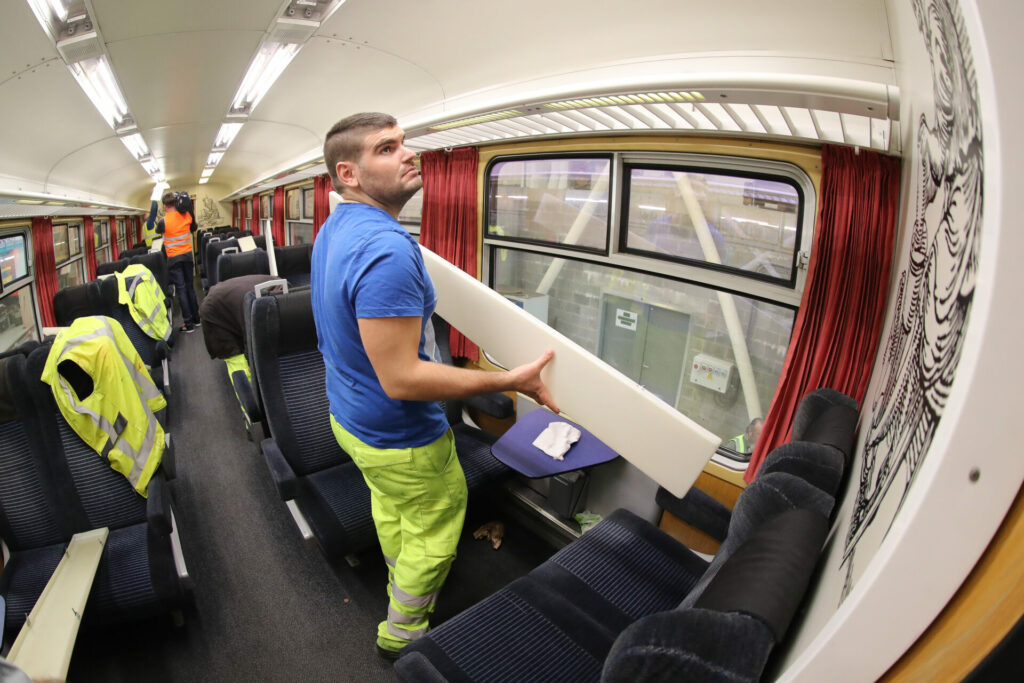Although not having a grasp of one of Belgium's national languages is the biggest barrier for foreigners to getting a job in the country, many people in Flanders with limited knowledge of Dutch are able to find work after one year.
Belgium is struggling with a chronic labour shortage, resulting in the government taking measures to encourage foreigners to continue working in the country, such as simplifying the application for work permits. Flanders is specifically looking to help people with a limited knowledge of Dutch join its labour market.
"It is obvious that language is an important skill to get started. But the right attitude will get you far on the labour market. That is why we must also seize the shortage in the labour market as an opportunity," Flemish employment minister Jo Brouns said.
The majority of job vacancies posted by the region's employment services (VDAB) require a good to very good knowledge of the language. However, the number of job seekers who are not fluent in Dutch is increasing in Flanders, mainly as a result of the war in Ukraine, which saw almost 2,800 Ukrainians register with VDAB.
Wim Adriaens, delegated director VDAB, stressed that not all jobs require a long learning process of Dutch before an employee is able to get started. "A work environment often offers a good context for quickly learning more Dutch. Many people make great strides once they have started working."
Language support throughout hiring process
Last year, almost one-fifth of job seekers who registered with VDAB had a language deficiency. But despite this language barrier, 40% of them found a job by the second half of 2021 and 47% after one year, largely as a result of receiving help in improving their language skills.
To further boost these figures and make the labour market more accessible, the government is working with VDAB to increase language support during training or on the job.
Related News
- EU initiative helps Ukrainian women enter Belgian workforce
- Insufficient language knowledge most significant barrier to finding job in Belgium
- 'At a loss': AB InBev asks Ukrainian staff to leave accommodation
"With limited knowledge of Dutch but the right language support at work, you can definitely get a job in Flanders. The workplace is the largest school in Flanders. So it goes without saying that we are investing in training at work, including language training," Brouns said.
Since 2021, 5,453 non-native speakers followed a language course via VDAB to learn Dutch for a particular profession, while 260 jobseekers received individual vocational training with language support and more than 1,000 non-native employees received language coaching.
Brouns wants to further increase this number by making individual vocational training possible in bottleneck sectors.

